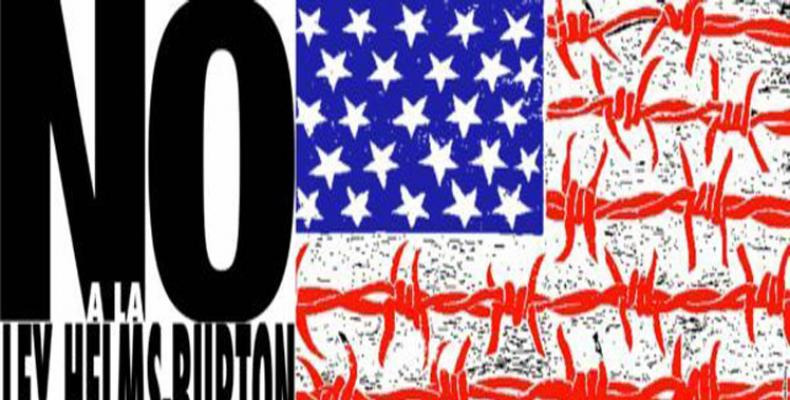
Along with the consideration of the project, the General Assembly evaluates a detailed report prepared by the General Secretariat of the United Nations with contributions from 180 countries and thirty organizations attached to the forum.
Agencies such as the United Nations Children's Fund, the Food and Agriculture Organization, the World Food Program or global entities for Trade and Tourism point out the critical effects of this policy in each of their areas of interest.
For the UN Human Rights Office, a 65-year-long embargo against an entire country clearly raises serious concerns in this regard.
Meanwhile, the inclusion of Cuba on the list of alleged sponsors of terrorism, added to the cumulative effect of more than 60 years of imposed measures and the context of the recovery after COVID-19, have a serious impact on the capacity of the largest of the Antilles.
The High Commissioner for Human Rights called for coercive measures to be made more flexible after receiving information about their negative impact on the population's fundamental guarantees.
For its part, Cuba denounced in the report the prolongation of the unilateral measures with the greatest impact on the Cuban people and economy, which continued to reproduce and aggravate the devastating effects of the siege, the longest and largest in history.
Between March 2023 and February 2024, the United States Government maintained the policy of maximum pressure against Cuba, with the rigorous application of the economic, commercial and financial blockade as a cornerstone, detailed the representation of the largest of the Antilles.
According to the report, this policy is maintained with the historical objective of depressing the economy and salaries, creating material shortages and damage to public services, causing dissatisfaction and despair in the population and subverting the legitimately established constitutional order.
The blockade is a crime against humanity, an act of genocide and a flagrant, massive and systematic violation of the human rights of more than 11 million Cubans. It is a cruel policy of punishment, the document further acknowledged.
The first measures against Cuba were announced in 1959, shortly after the triumph of the Revolution.
However, in 1962 the John F. Kennedy administration announced the first major block of long-standing measures.
Provisions such as the Helms-Burton law, in 1996; The inclusion several times on the list of nations sponsoring terrorism and the more than 240 new measures adopted during Donald Trump's mandate (2017-2021) confirm the hostility of the siege, described by Cuba as a policy of war in times of peace. (Text and photo: PL)